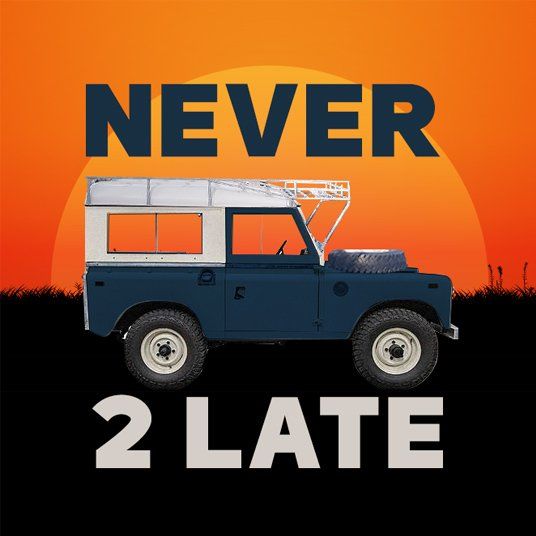Adventure
Planning an Overlanding Adventure
Once you have an overlanding vehicle, basic overlanding gear, and a general idea of where you’d like to go, it’s time to hash out some more of the details.
Things to consider when planning an overlanding trip:
Who’s going?
The number of people in your party will dictate many of the other factors, such as how many vehicles you’ll need, how much camping gear is required and what kind of provisions you’ll need to keep everyone fed.
What is your exact route?
Your route will also dictate many factors in your planning, such as the length of your trip, how much food, water and fuel you’ll need, and what kind of emergency equipment you may need.
What visas, permits or services are required?
If you are traveling abroad, make sure everyone in your party has a passport and required travel visas. Certain routes require getting special permits, paying fees or hiring guides. Do your research in advance so you don’t run into nasty and costly surprises along the way.
Where will you camp/overnight?
There’s nothing more frustrating than driving around late at night with nowhere to sleep for the night. Determine ahead of time where you will camp. If you aren’t staying in designated campsites, make sure dispersed camping is allowed and plan to set aside time each day to look for a good spot.
How will you carry and resupply food and water?
Once you know how many people are going on the trip and how long the trip will be, you’ll have an idea of how much food and water you’ll need. Will you be able to replenish your stocks en route, or will the trip need to be fully self-supported? Who’s in charge of planning means and cooking?
What kind of weather do you expect?
Weather plays a huge role in determining what kind of gear you’ll need. Some places get hot, others get cold. Some cycle between both in short order. A trip through steamy jungles will require different camping gear and clothing, for instance, than a trip across chilly tundra.
What is your backup plan?
It’s important when entering the backcountry to consider what could go wrong and how you’d fix it. What happens if a vehicle breaks down and you can’t fix it? What if someone gets seriously injured? Who will administer first aid and how will you get medical/rescue help?
What skills are needed?
Overland travel is self-reliant travel. There are a range of skills that may be necessary or come in handy, including camping and cooking, off-road driving and recovery, navigation, first aid, automotive repair — campfire songs. List the skills needed and match them up with the people in your crew. What’s skills are missing and how could you augment them?
How will you communicate?
If you will be traveling with two or more vehicles — always a good idea — you’ll want a way to communicate between vehicles. Mobile phones will often lose reception in the backcountry, so you’ll want two-way radios to stay connected.
Overlanding is about exploring, and we hope this guide has put you on good footing to start your adventures. The number of things to learn about overlanding is seemingly endless, but don’t let that stop you from getting off the road.
